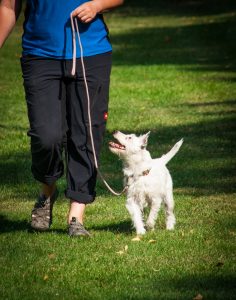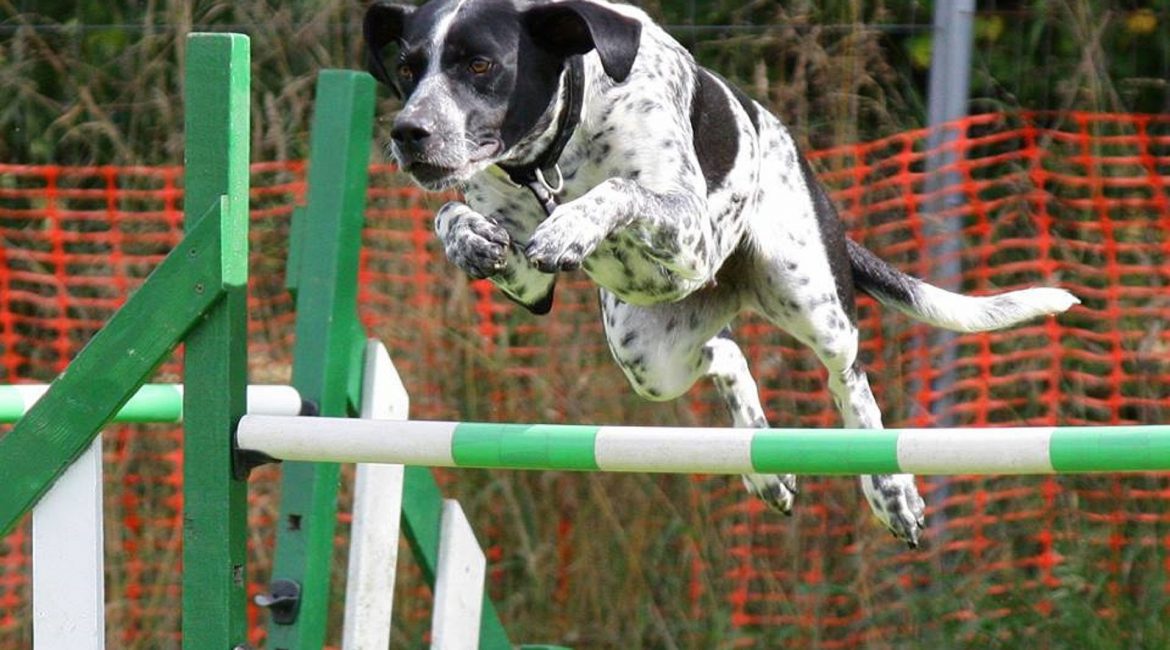What’s the difference? How do you choose? A good place to start is to write down what your dog is doing that you don’t like. Then decide if it is a physical thing that can be trained or a behavioural problem that you need help with. So, what is the difference between a dog trainer and a behaviourist? Is one better than the other and can they help my dog? What exactly do they do?
The differences are often misunderstood by the public, mainly because there are some crossovers where training and behaviour change happen together. However, some behavioural problems can be very difficult and require specialised professionals.
It’s important to note that right now, dog training and behaviourism is an unregulated industry. There are many fine organisations offering courses and qualifications but, ultimately, anyone can call themselves a dog trainer or behaviourist. Therefore, it’s important you do your research on anyone you are thinking about working with. Things to research are their education, qualifications, experience and methods used. Website and social media reviews are also helpful. A good trainer will offer you an initial phone consultation to determine if they are in a position to help you and your dog. If you have a severe behavioural problem a good trainer will refer you to someone more suitably qualified or experienced.
Dog Trainers
Dog Trainers train dogs to perform specific physical actions, movements or tasks.
 These are known as ‘behaviours’ now and were called ‘commands’ back in the day. Command also used to be the word used to a dog perform certain tasks. These days we call them ‘verbal cues’ and we associate them with behaviours that we’ve taught your dog. This gives you a means of communicating with your dog so that they can use their behaviours in daily situations. Things like go to their bed while you make dinner, sit and stay while you answer the front door, settle at your feet while you enjoy a coffee outside a cafe. A dog trainer will also give you some control and management techniques so you are able to change things in your environment so you and your dog can live harmoniously and happily together. Your trainer will also explain to you how dogs learn and the most effective and efficient methods to teach your dog.
These are known as ‘behaviours’ now and were called ‘commands’ back in the day. Command also used to be the word used to a dog perform certain tasks. These days we call them ‘verbal cues’ and we associate them with behaviours that we’ve taught your dog. This gives you a means of communicating with your dog so that they can use their behaviours in daily situations. Things like go to their bed while you make dinner, sit and stay while you answer the front door, settle at your feet while you enjoy a coffee outside a cafe. A dog trainer will also give you some control and management techniques so you are able to change things in your environment so you and your dog can live harmoniously and happily together. Your trainer will also explain to you how dogs learn and the most effective and efficient methods to teach your dog.
Dog trainers also work in specific dog sports or activities with dogs bred for their particular activity. These types of trainers often offer a board and train service where they take your dog and train them. Pet dog trainers, however, teach you how to teach your dog and offer you support on your journey.
Behaviourists
Canine behaviourists or behaviour consultants come from a formal educational background and should be formally qualified in order to call themselves a behaviourist. It might help to think of a dog trainer like a sports coach and a behaviourist more like a kind of pert psychologist.
Behaviourists work on adjusting and changing existing behaviours in your dog like aggression to other dogs or people and anxiety. Examples are things like dogs who bark excessively at people who come into your house or dogs that are destructive when they are left alone for a period of time.

They can recognise and understand that your dog’s behaviour is abnormal. They will teach you how to understand and work with your dog to change the way they feel about certain things and as a result, how they act. A good behaviourist will be an expert in canine body language as well as normal and abnormal behaviours for various breeds.
They will also support you and advise you on how to best proceed with your dog. They will have training knowledge but are more focussed on how your dog feels rather than what is does.
A third category is that of the Vet Behaviourist. A qualified medical veterinarian with additional behaviour qualifications. They are able to prescribe medicine to help your dog whilst often working in conjunction with a behaviourist.
Before you engage the services of any canine professional it’s important to understand that any sudden changes in your dog’s behaviour may be caused by a physical issue. If your dog has a sudden change in behaviour take them immediately for a vet check. This will rule out any underlying pain and could be a treatable condition. Once medical issues have been ruled out, seek the help of a trainer or behaviourist.
For more information and dog training and behaviour and to find out which type of professional is best for you, book a free 30-minute consultation with us today.

